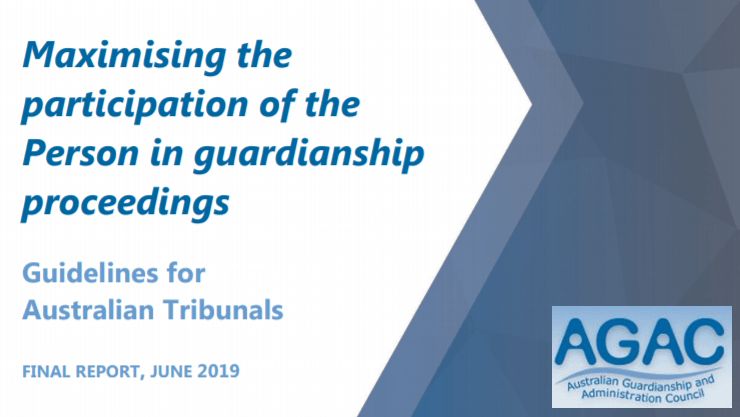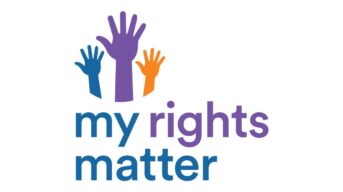
Whose life is this anyway? Including people with disability in their guardianship hearings
We welcome new guidelines on how to maximise the participation of people with disability in their own guardianship proceedings. But there is more to do.
Every day, guardianship tribunals around Australia make decisions that take away the rights of people with disability to make important decisions for themselves – such as where they live, what medical care they get, and what they can do with their own money.
Tribunals are only supposed to do this when the person lacks capacity to make their own decisions and it is in their best interests to have a guardian or financial manager to make some decisions for them.
Guardianship, participation and people’s rights
CID believes it is a fundamental right – not just best practice – that a person with disability should be present and at the centre of the discussion when a tribunal is considering taking away their freedom to make their own decisions.
We are alarmed by data from the Australian and Guardianship and Administration Council (AGAC) showing how often people are not properly involved in guardianship hearings about them.
New South Wales has the best rate of participation, but it is still only in about 80 percent of cases, and the majority of the participation is by phone or video rather than in person.
Rates of participation are much lower in other states and territories. For example, in Western Australia, less than 40 percent of hearings include the person who the hearing is about. In South Australia, the person is included in around 70 percent of initial hearings, and just 5 percent of hearings to review and continue orders.
Guidelines for best practice
AGAC has prepared some new “best practice guidelines”, Maximising the participation of the person in guardianship proceedings.
We welcome these guidelines, which should improve tribunal practice around Australia. The guidelines are a significant improvement on draft guidelines that we commented on earlier this year.
However, we think that the new guidelines are not strong enough. For example, they say that face-to-face hearings should only occur “where practicable” and they say that multimember panels “are optimal in appropriate circumstances”.
Taking away a person’s decision-making rights is a really big decision. We say that tribunals should be required to make every effort to provide supports for face-to-face hearings, not only “where practicable”. Multimember panels should also be the norm, not simply used when “appropriate”. Tribunal hearings should always have three members bringing a variety of legal and disability expertise to a person’s case.
We recognise that some of the limitations in current practice and the new guidelines result from the inadequate resources governments provide to guardianship tribunals. State and territory governments should work with the tribunals to ensure that they are properly resourced and that people with disability are truly at the centre of all decisions about their lives.



 1800 424 065
1800 424 065 















